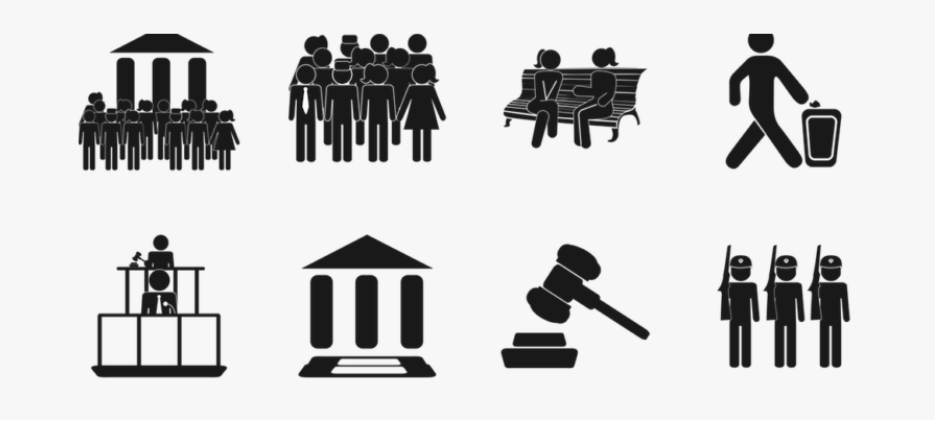Spring 2023 Glob Pol Institutions (POLS-465-001, POLS-466-001)

This course will focus on political institutions and their effects on voters, political parties, the economy, policymaking, representation, and more. We will study political institutions comparatively, using countries as our units of analysis. In addition to a focus on electoral institutions, we will discuss presidentialism, parliamentarism, federalism, welfare institutions, and how institutions can be used to address historical inequalities. We will use the tools we acquire to better understand how government works across several countries. This course will also introduce students to the basics of social science research. Students should leave this course with greater familiarity in understanding and communicating social science research, as well as how to better analyze institutions on their own.
- Teacher: Shaun Williams
